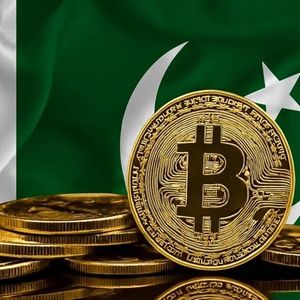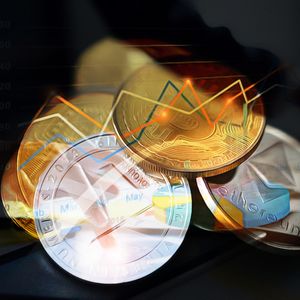Pakistan to Establish Bitcoin Reserve Amid IMF Scrutiny
2 min read
Pakistan has recently announced plans to create a national Bitcoin reserve. According to the post on X , this move has attracted much attention in the global financial and crypto sectors. There is no doubt that the country wants to lead in adopting digital assets, even though it may face challenges with the International Monetary Fund (IMF). Pakistan Government Has Lots of Plans for its Bitcoin Reserve The Pakistani government affirmed that it will create a national Bitcoin wallet to store its reserves safely. Officials emphasized that these holdings are for long-term investment and will not be sold. As such, Pakistan is allocating 2,000 megawatts of electricity to support Bitcoin mining and to create AI-powered data centers. This move shows the government’s commitment to using advanced technology to enhance national development. Ultimately, the goal is to make Pakistan a regional digital finance and innovation center. Meanwhile, this move has raised eyebrows considering the IMF’s stance on Bitcoin reserves. The IMF has warned countries like El Salvador about buying Bitcoin due to financial stability worries, regulatory issues, and monetary policy risks. Although the IMF has not responded formally to Pakistan’s announcement, its previous objections could affect the next program review. Pakistan Eyes Leading Role in Digital Finance Pakistan’s recent efforts to formalize its crypto sector align with its strong global performance. The country ranked ninth in Chainalysis’ 2024 Global Crypto Adoption Index, driven primarily by high retail participation. According to Statista, the number of crypto users in Pakistan will surpass 27 million by 2025. These statistics highlight the sector’s rapid growth in a population of 247 million. With infrastructure, incentives, and regulation all moving into place, Pakistan appears poised to become a major digital asset and AI hub. IMF Redefines Bitcoin Recall that the IMF has significantly changed how digital assets like BTC are classified in global financial systems. The financial organization released a new edition of its Balance of Payments Manual (BPM7) to introduce detailed classifications for Bitcoin, stablecoins, and other digital assets. Notably, this move impacts how nations record crypto transactions and how these assets are taxed and regulated. The new manual categorizes Bitcoin and similar cryptocurrencies as non-produced non-financial assets. This means they are considered capital assets, like land, art, or intellectual property, rather than traditional money or financial investments. The IMF explained that Bitcoin’s role as a medium of exchange without liabilities sets it apart from government-backed money. The post Pakistan to Establish Bitcoin Reserve Amid IMF Scrutiny appeared first on TheCoinrise.com .

Source: The Coin Rise



